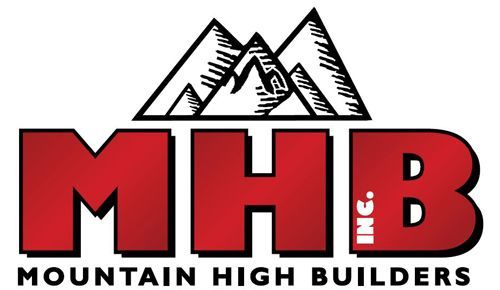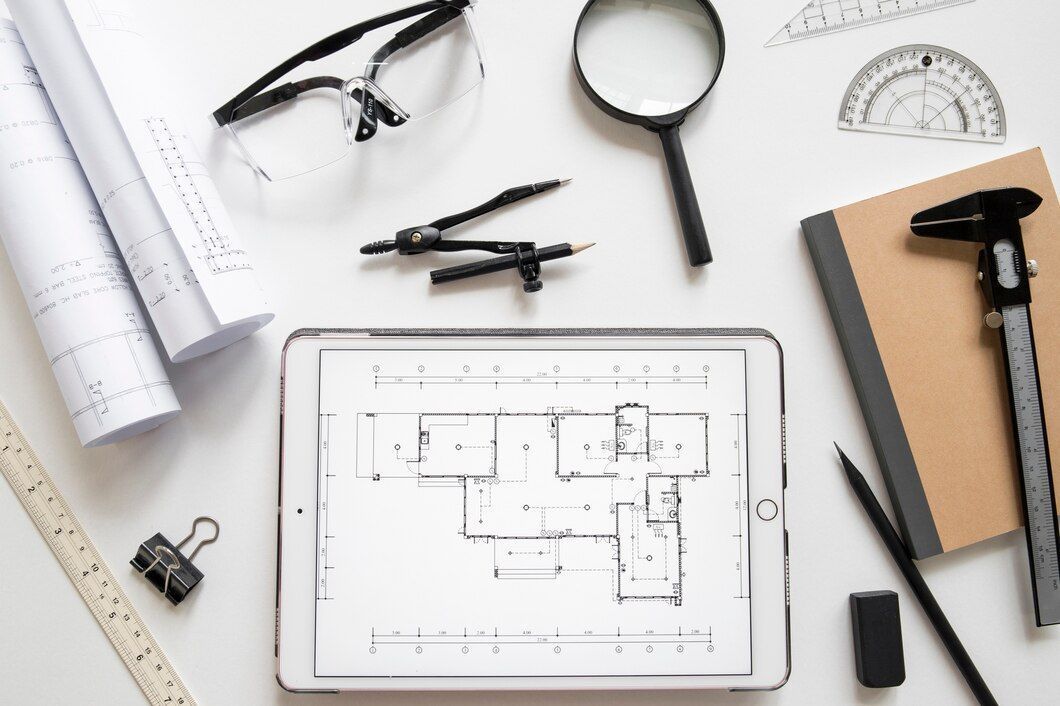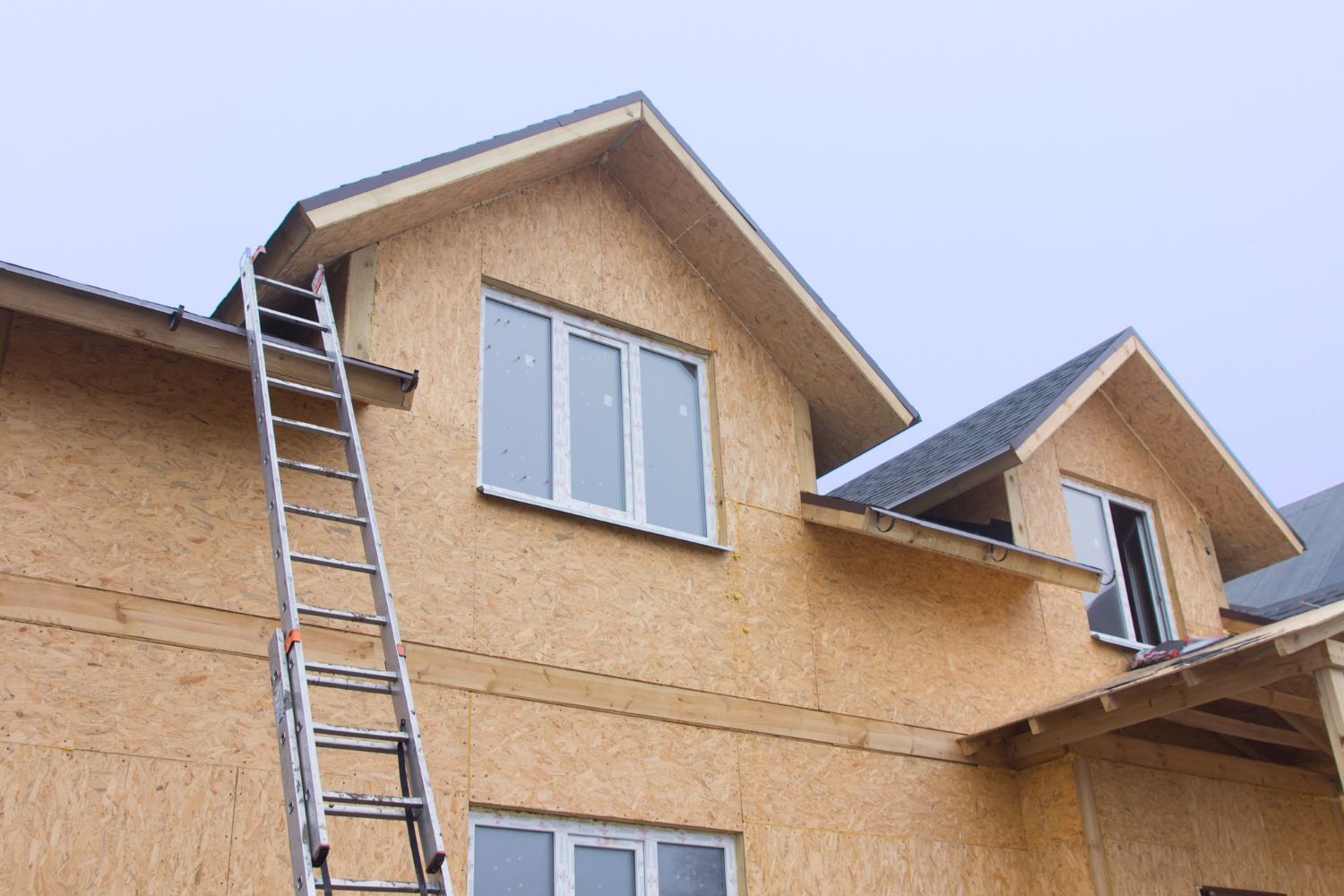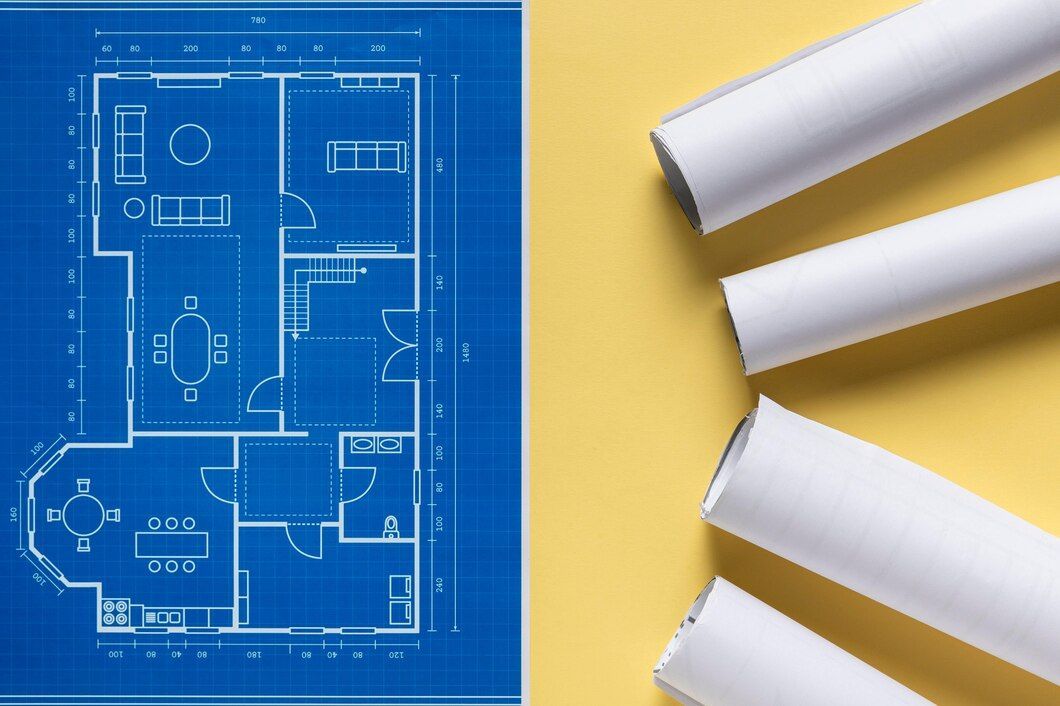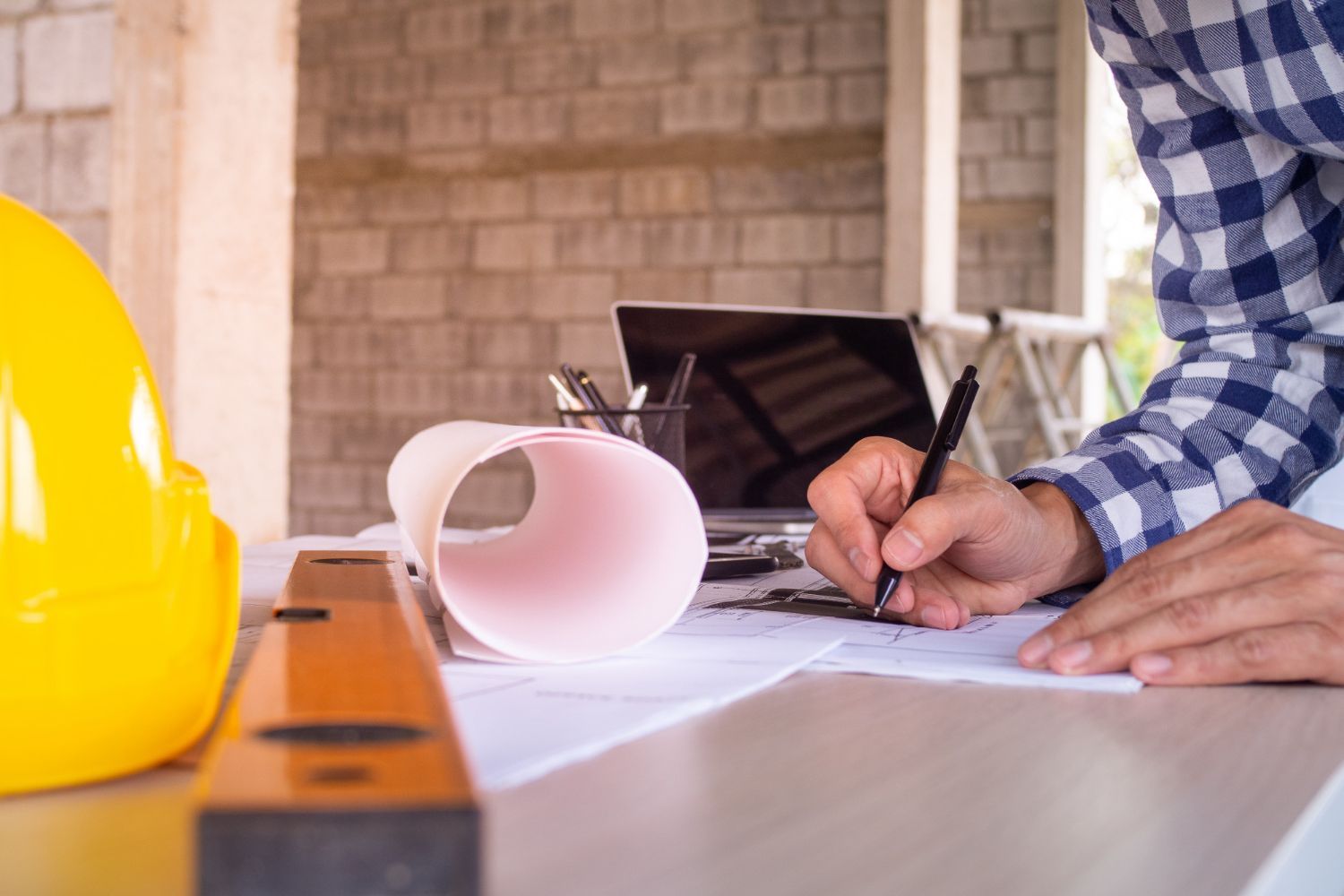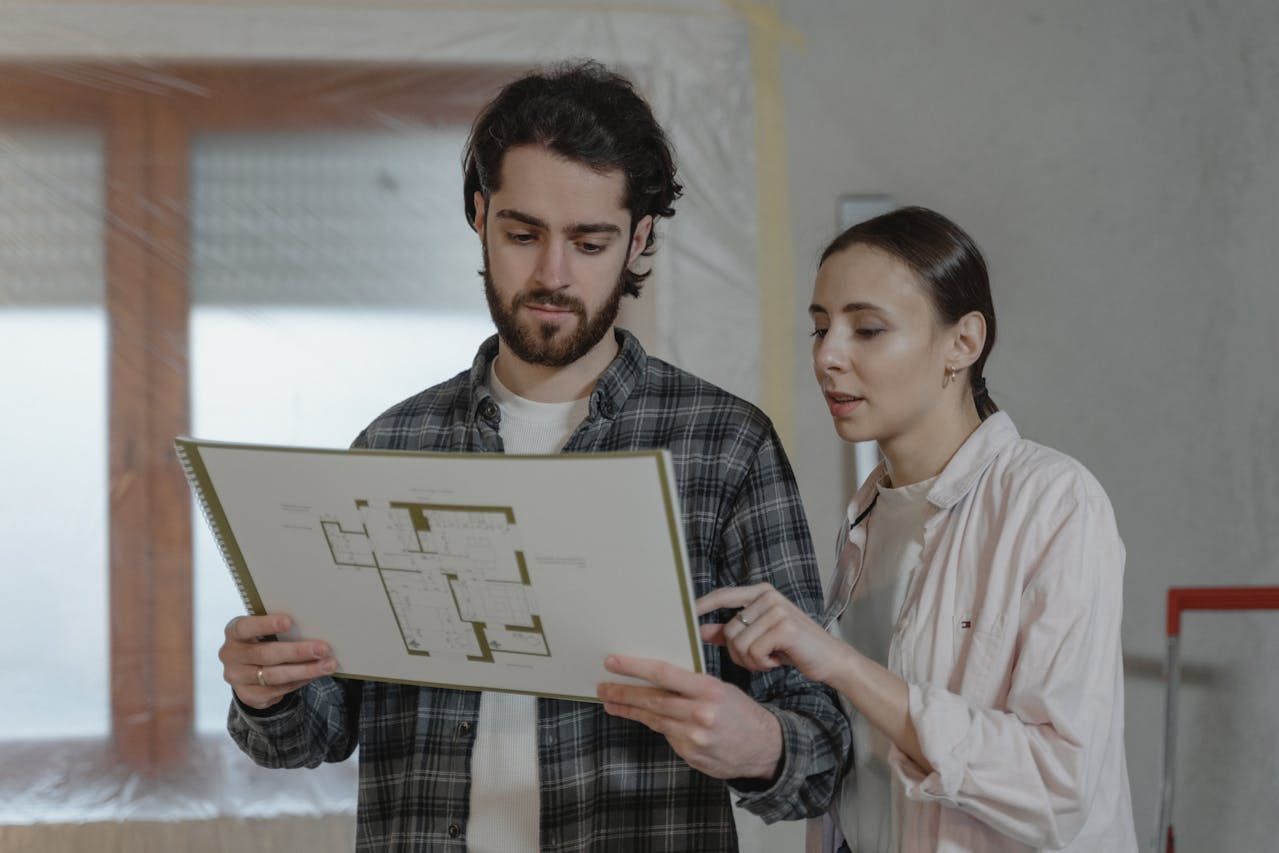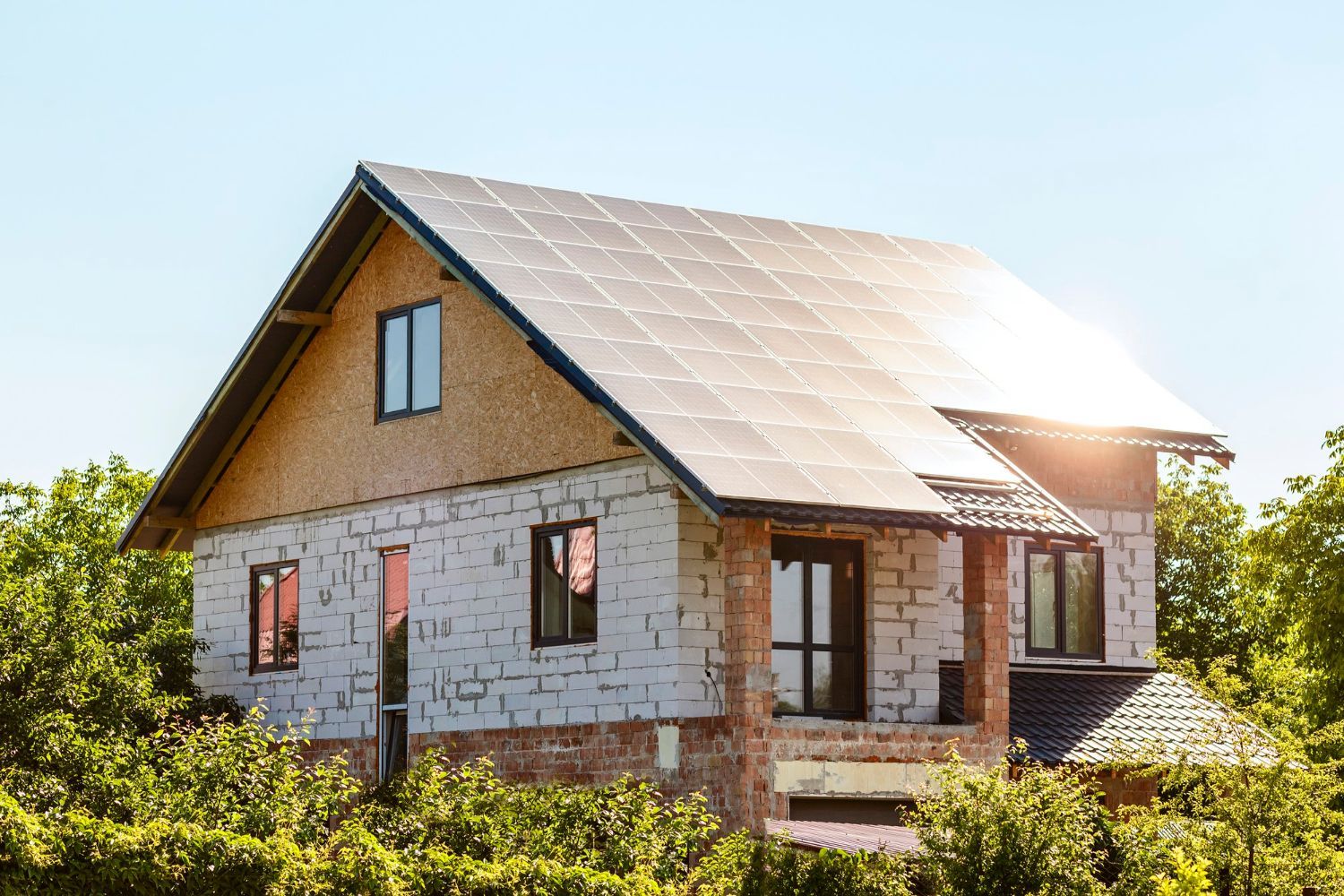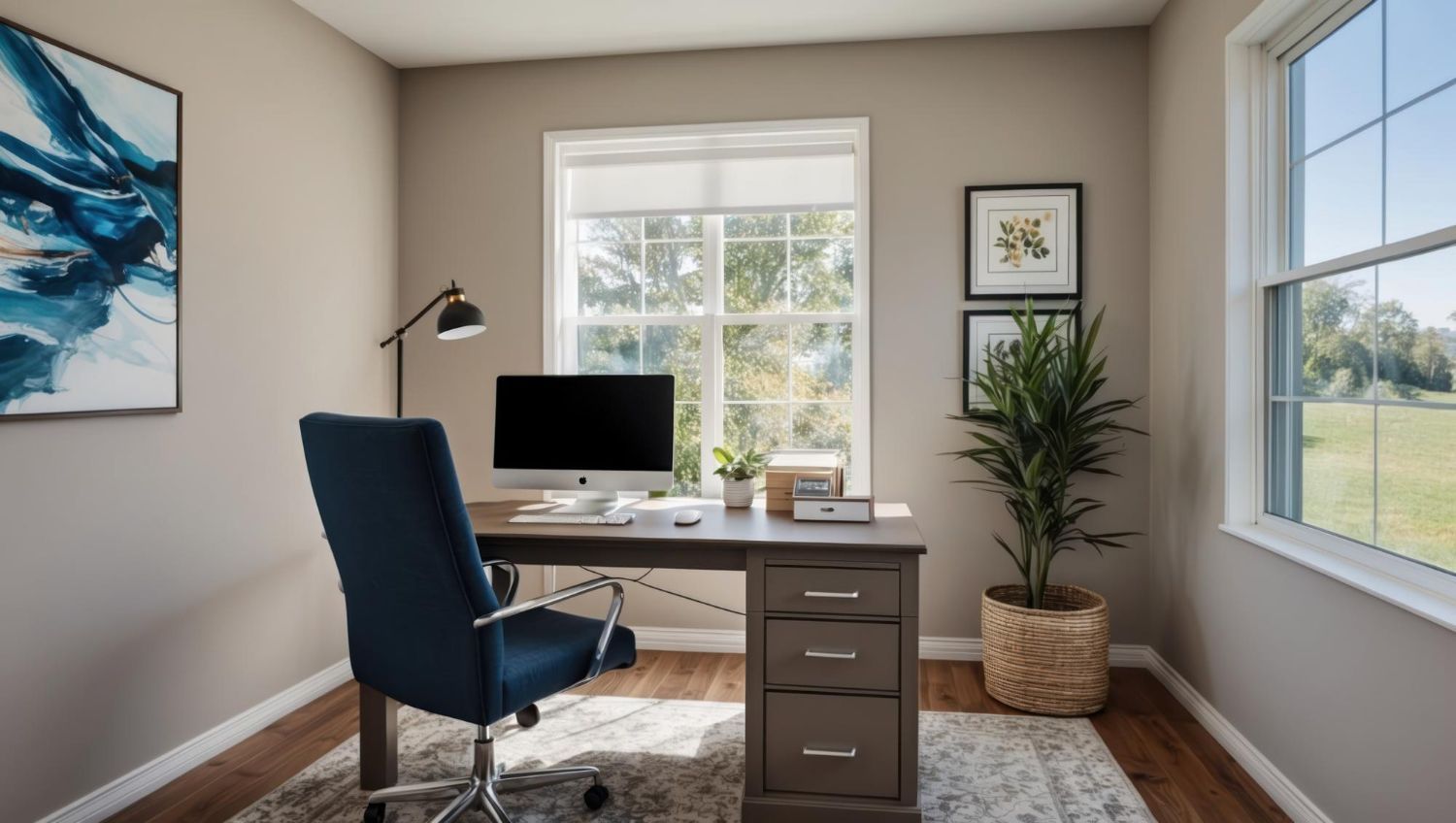541-815-0855
custom@mhbi.us
Understanding Permits for Home Construction
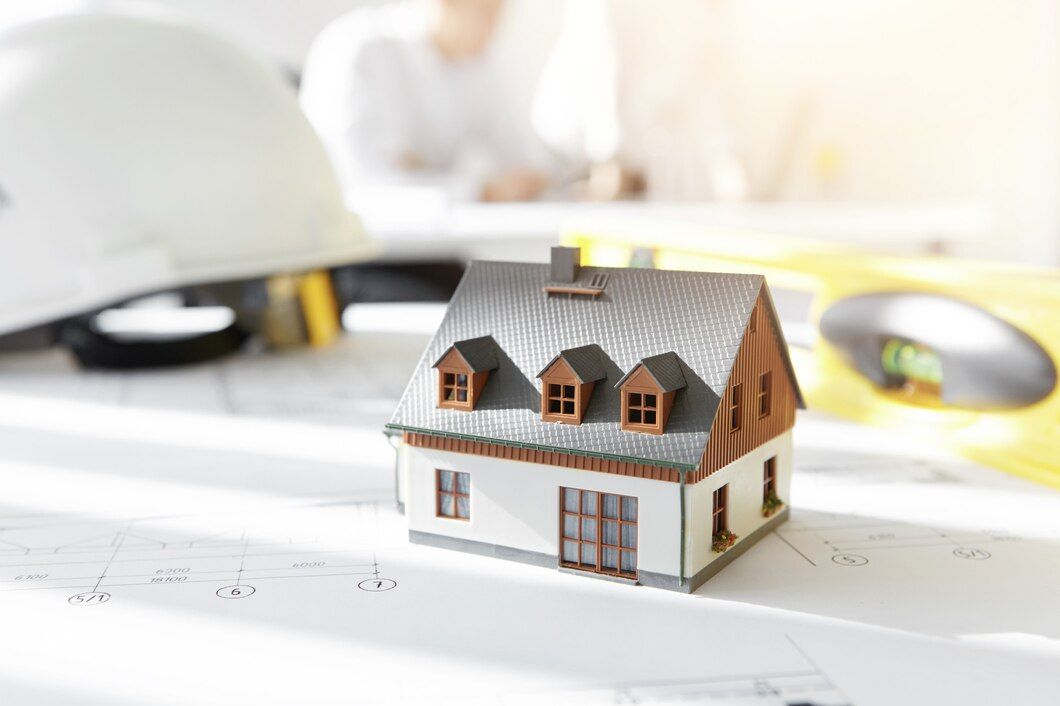
Building a new home is a thrilling adventure, but it involves a lot of planning and paperwork. One crucial aspect of this process is obtaining the necessary permits. Permits ensure your construction project complies with local building codes, safety regulations, and zoning laws. Without the proper permits, you could face delays, fines, or even be required to tear down your hard work.
Mountain High Builders specializes in custom home building and new construction in Bend, Oregon. We're here to help you understand the permitting process and ensure your project goes smoothly from start to finish.
What Are Permits and Why Are They Important?
Permits are official documents issued by local government authorities that permit you to carry out specific construction activities. They are vital to any building project and serve several important purposes.
First, permits ensure your home construction complies with local building codes and safety standards. These codes protect you and your family by ensuring structures are safe and durable. They cover everything from electrical wiring to plumbing and even fire safety.
Second, permits help maintain the quality and aesthetics of your community. By enforcing zoning laws and building regulations, permits ensure that new constructions are in harmony with the existing neighborhood. This protects property values and preserves the area's character.
Third, obtaining the necessary permits can save you from legal troubles. Building without the correct licenses could result in fines, penalties, or even orders to demolish unapproved structures. It can also create difficulties if you decide to sell your home in the future, as buyers will want to ensure that all work is done legally and safely.
By understanding the importance of permits, you can see why they are essential for your home construction project. They protect you, your investment, and the community, ensuring your new home is safe, legal, and valuable.
Types of Permits Needed for Home Construction
When building a new home, you will need several permits, each serving a specific purpose. Here’s a list of the most common permits required for home construction:
1. Building Permit: This is the primary permit needed for any construction project. It covers the general construction of the building and ensures compliance with local building codes.
2. Electrical Permit: You'll need an electrical permit if you install or modify electrical systems. This ensures that all electrical work meets safety standards and codes.
3. Plumbing Permit: A plumbing permit is required for any work involving installing or modifying plumbing systems, including everything from water pipes to sewer lines.
4. Mechanical Permit: A mechanical permit is necessary for installations or modifications involving heating, ventilation, and air conditioning (HVAC) systems. This ensures that these systems are safe and efficient.
5. Zoning Permit: A zoning permit ensures that your construction project complies with local zoning laws, which dictate how land can be used in different areas. This ensures that your home is in the right location for residential use.
6. Environmental Permit: You may need an environmental permit if your construction project impacts natural resources, such as wetlands or forests. This protects the local environment and ensures sustainable building practices.
7. Occupancy Permit: You need an occupancy permit before moving into your new home. This certifies that all work has been completed to code and that the house is safe.
Understanding the different types of permits needed can help you better prepare for your home construction project. Each permit ensures your build is safe, legal, and up to standard.
How to Apply for Home Construction Permits
Applying for home construction permits can seem complicated, but breaking it down step-by-step makes it manageable. Here’s how you can navigate the application process effectively:
1. Research: Visit your local building department’s website or office. They will have information on the types of permits you need and the specific requirements for your project. Each city or county may have different regulations, so getting accurate info is crucial.
2. Prepare Your Documents: Collect all necessary documents for your permit application. This often includes site plans, blueprints, and specifications of your project. Ensure these documents are detailed and accurate, as incomplete or incorrect submissions can delay approval.
3. Submit Your Application: Most local building departments allow you to submit applications online, by mail, or in person. Make sure you complete all the required forms and attach the needed documents. Check for any fees and be prepared to pay them at the time of submission.
4. Inspection Process: After submitting your application, the building department will review your plans. They may schedule inspections at various stages of your construction to ensure compliance with building codes. Be ready to accommodate these inspections to avoid delays.
5. Approval: Once your application is reviewed and approved, you’ll receive your permit. Make sure to post it visibly at your construction site as required. This indicates that your work is fully permitted and compliant with local regulations.
6. Communicate: Maintain open communication with the building department throughout the process. This helps address any issues promptly and keeps your project on track.
Following these steps, you can successfully obtain the necessary permits for your home construction and start building with peace of mind.
Common Mistakes to Avoid When Getting Permits
Obtaining the proper permits for your home construction is essential, but there are everyday things that people often need to correct. Avoiding these pitfalls can save you time, money, and stress. Here are some of the most frequent mistakes and how to avoid them:
1. Skipping the Permit: Some think skipping getting permits altogether is more accessible to save time and money. This is a big mistake. Building without a permit can lead to heavy fines, legal trouble, and even having to tear down your work.
2. Incomplete or Incorrect Applications: Submitting incomplete or incorrect information can ensure receiving approval. Double-check your application and plans before submission to ensure they are complete and accurate.
3. Ignoring Zoning Laws: Zoning laws dictate how land can be used in different areas. Ignoring these laws can cause significant problems for your project. Make sure your construction plans comply with local zoning regulations to avoid conflicts.
4. Failing to Schedule Inspections: Inspections are part of the permit process. Skipping or failing to schedule inspections can halt your project. Stay on the inspection schedule and ensure your build is available for review when needed.
5. Not Keeping Up With Permit Renewals: Some permits have expiration dates, especially if the project takes longer than expected. Failing to renew permits can result in fines or having to reapply. Keep track of expiration dates and renew licenses as needed.
6. Overlooking Local Variances: Each locality may have unique building codes or variances, which can create issues down the line. Research thoroughly and ensure your project aligns with all local-specific requirements.
By avoiding these common mistakes, you can ensure a smoother and more efficient permit process, keeping your home construction project on track.
Conclusion
Understanding and obtaining permits for home construction is crucial in ensuring your project complies with local laws, is safe, and meets standards. By recognizing the importance of permits, knowing the types needed, applying correctly, and avoiding common mistakes, you can confidently navigate the permit process.
Permits might seem like a hassle, but they play a critical role in the success of your home build. They protect you legally, ensure safety, and help maintain the value and aesthetic of your community. Taking the time to follow the proper steps will pay off in the long run, preventing potential issues and ensuring a smooth construction process.
At Mountain High Builders, we understand the complexities of the permitting process and are ready to assist you every step of the way. Whether you’re just starting or need help getting back on track, our team of experts ensures your custom home project in Bend, Oregon, goes off without a hitch.
Ready to start building
custom homes in Bend, Oregon, with the proper permits? Contact Mountain High Builders today, and let us guide you through a seamless construction process.
Are you planning to renovate your home?

Mountain High Builders strives to build exceptional homes for our clients, alongside strong relationships that last a lifetime.
Contact us
Phone: 541-815-0855
Email: custom@mhbi.us
Address: Square Loop, 1012 SE
Cleveland Ave #5, Bend, OR 97702
Menu
All Rights Reserved |
All Rights Reserved | Mountain High Builders

